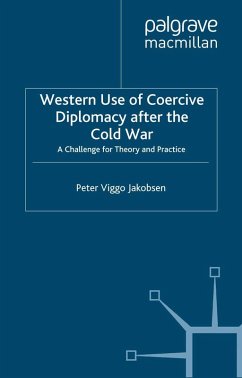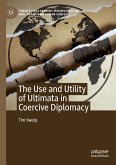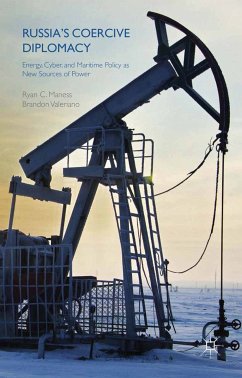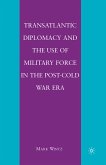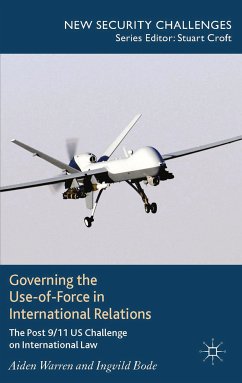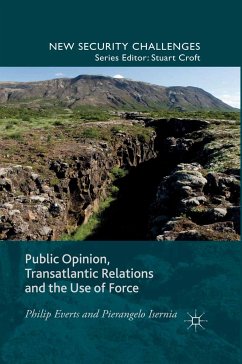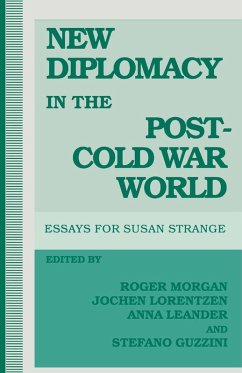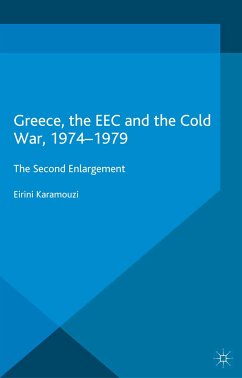This book fills a gap in the literature on coercion and assesses the usefulness of coercive diplomacy in the post-Cold war era. The theoretical framework explains why coercive diplomacy politics succeed or fail, identifies the conditions under which Western states will be willing to back coercive strategies with use of limited force and highlights how the need for collective action affects the use of coercion. The framework is tested empirically in analyses of the Gulf crisis, the Yugoslav wars and the Haiti crisis.
Dieser Download kann aus rechtlichen Gründen nur mit Rechnungsadresse in A, B, BG, CY, CZ, D, DK, EW, E, FIN, F, GR, HR, H, IRL, I, LT, L, LR, M, NL, PL, P, R, S, SLO, SK ausgeliefert werden.

